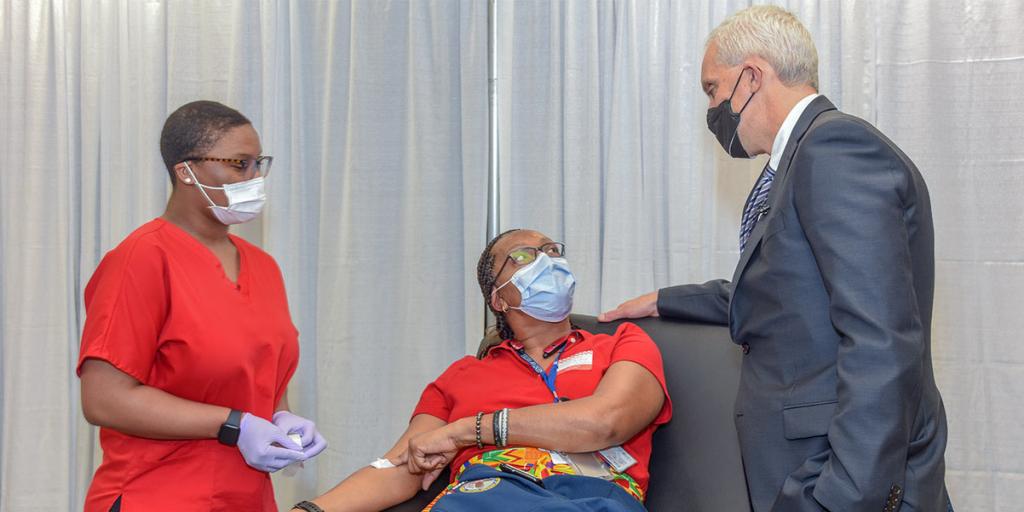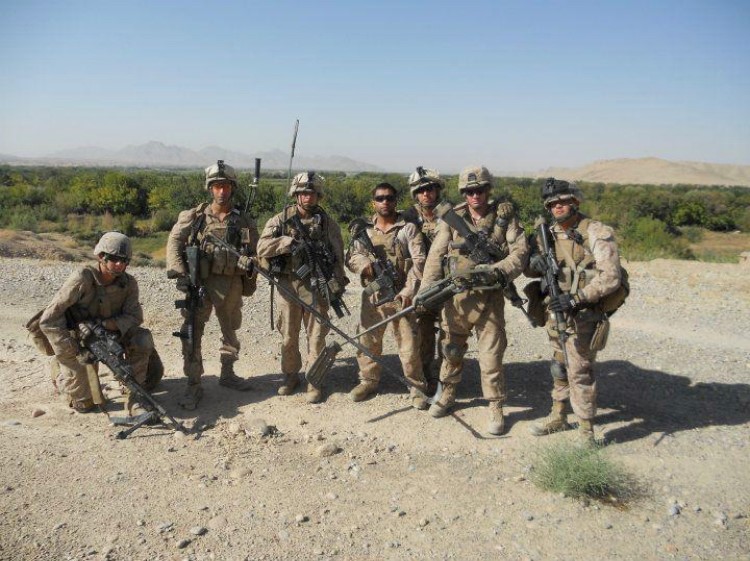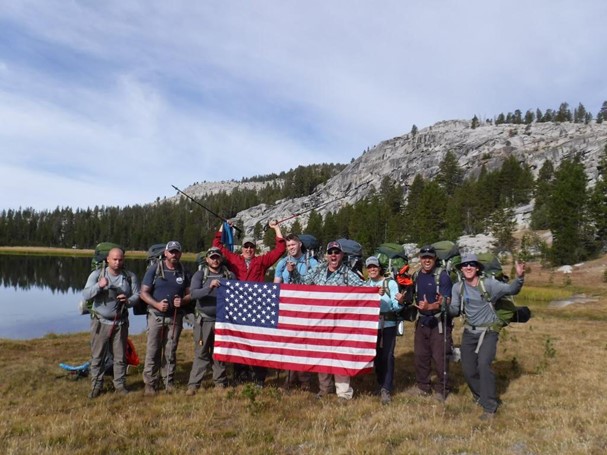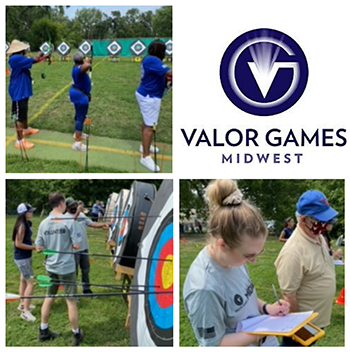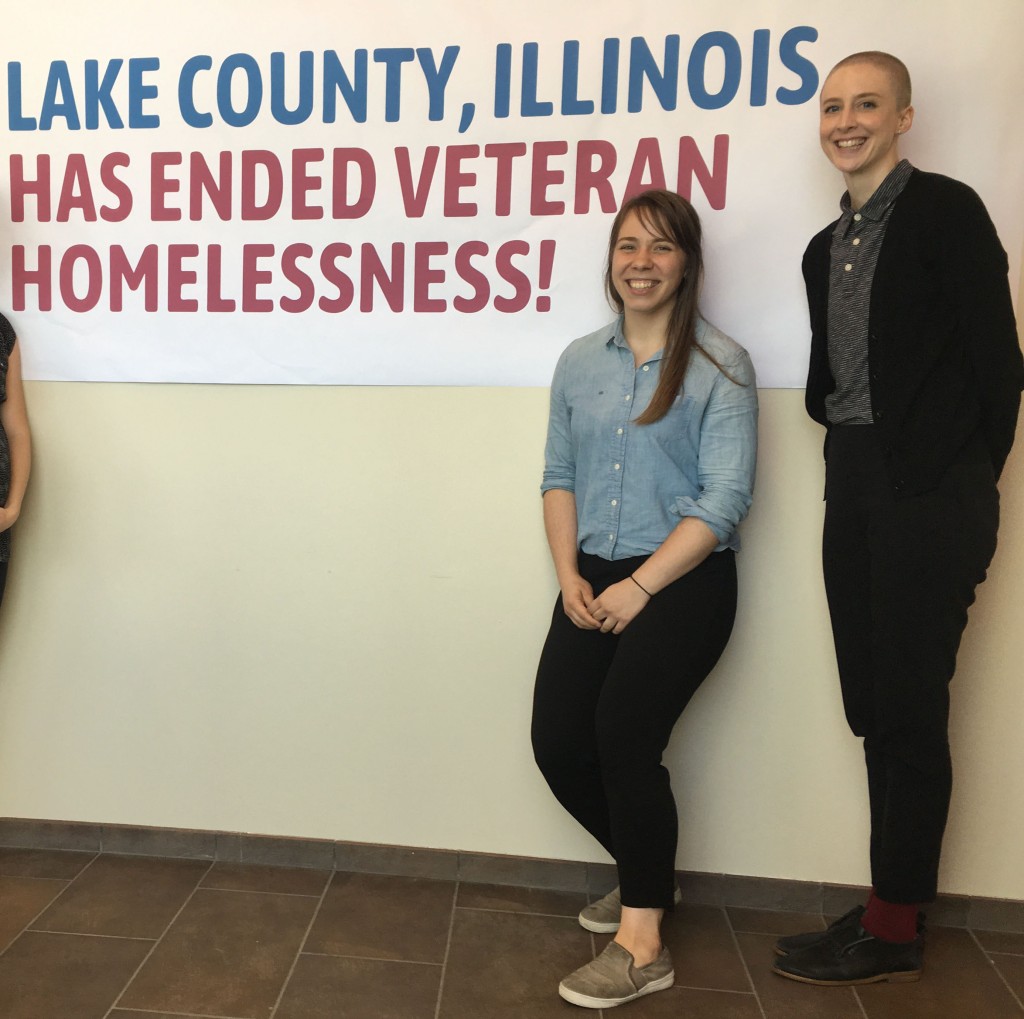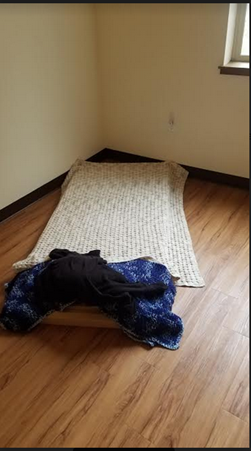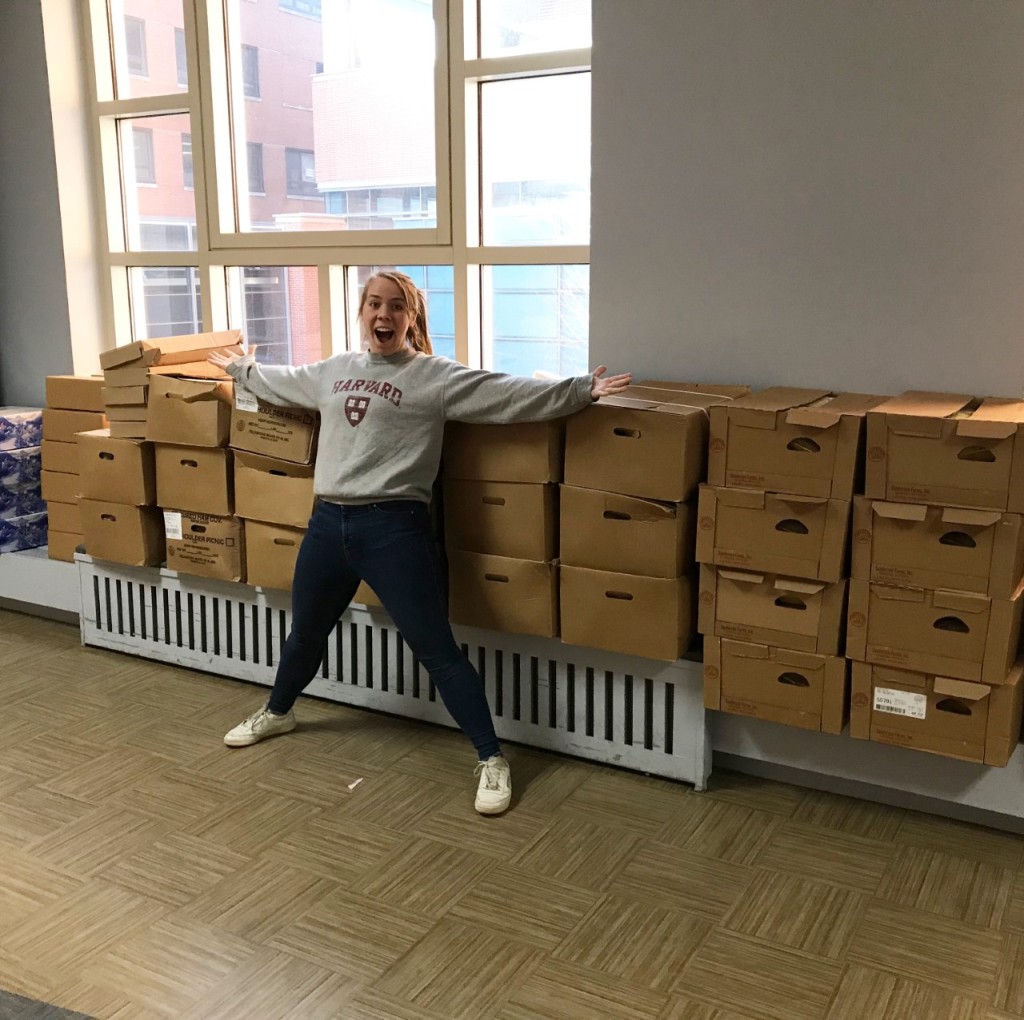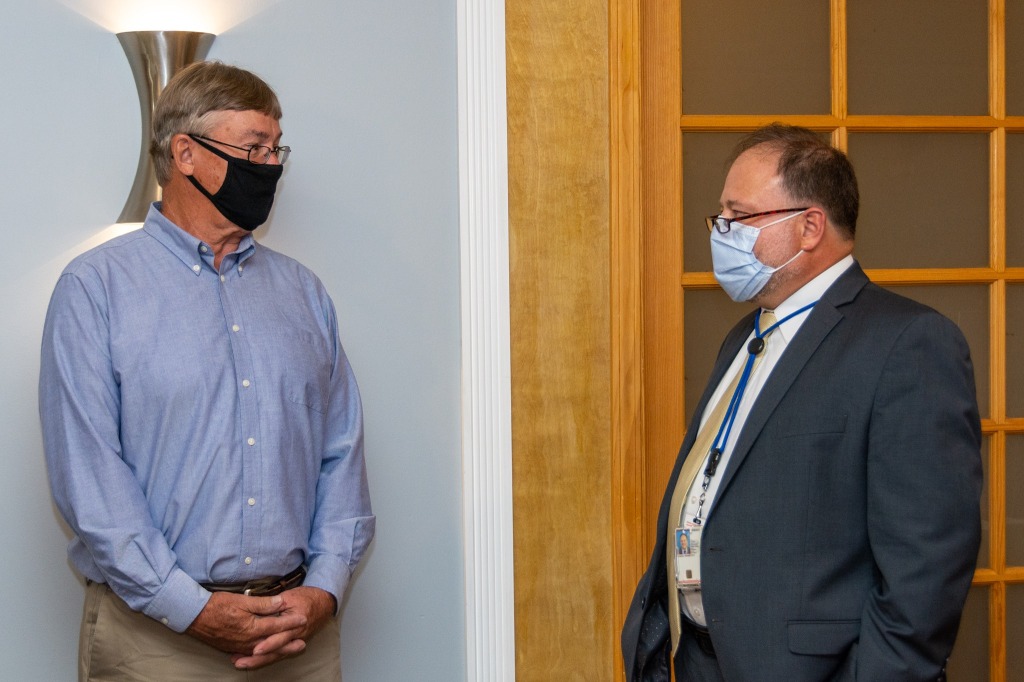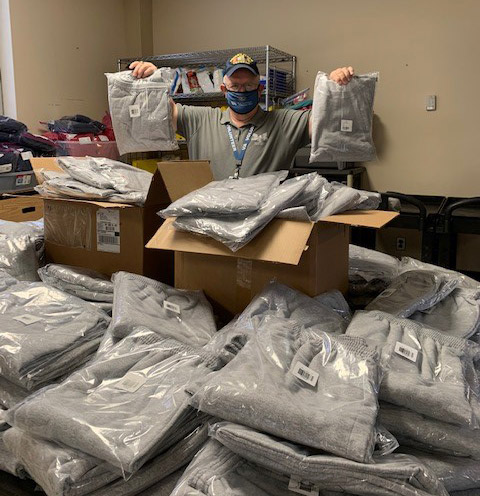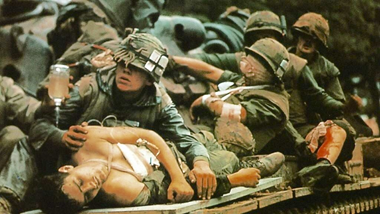By Kate Fry, Chief Executive Officer at America’s Blood Centers
Every two seconds in America, someone needs blood.
Blood transfusions are needed every day to treat patients with acute care needs such as trauma, as well as for ongoing disease management, including cancer, inherited blood disorders, cardiovascular and orthopedic surgeries, and organ and bone marrow transplants. In addition, 1 in 7 people entering a hospital depend on a ready and available blood supply.
Despite its importance, our nation’s blood supply remains under immense strain. The COVID pandemic has led to the loss of many traditional school and work-based drives – the backbones of blood donation – resulting in resulting in critically low levels of available blood in many areas of the country.
This comes at a time when just three percent of all eligible Americans donate blood – despite 65 percent of the U.S. population being eligible. We also are facing an older, less diverse donor pool than is needed to create a steady blood supply in the long-term. In fact, less than 20 percent of all blood donations each year come from individuals in communities of color and donations from individuals 19 and under have dropped nearly 50 percent over the last two years.
As the association that brings together community-based, independent blood centers that operate more than 600 blood collection sites and provide close to 60 percent of the U.S. and a quarter of the Canadian blood supply, America’s Blood Centers (ABC) is working to reverse these trends.
Our member centers are working with community organizations, local businesses, schools, and more to host blood drives and ensure there is blood available when it is needed the most. Elks Lodges all over the country have opened their doors to community blood centers and allowed them to host blood drives that bring in critical local donations.
In fact, Elks Lodges have agreed to host blood drives throughout August as part of ABC’s partnership with the Student Leadership Council (SLC), a Department of Veterans Affairs student volunteer program. SLC students have chosen blood donation as part of their national volunteer initiative and ABC is partnering with them to host blood drives in their local community throughout to compliment the VA’s national blood drive initiative.
The Elks have been indispensable allies to ABC, community blood centers, and now a new generation of blood donation advocates. On behalf of all the lives saved through blood donation, we thank you for your leadership. At this time of critical need, we also invite all lodges across the country to work with their local community blood center to host blood drives locally so we can save even more lives though blood donation.
Working together to strengthen our blood supply today, we can give many people their tomorrow.
Email Vets@elks.org if you have questions or would like to get involved!

